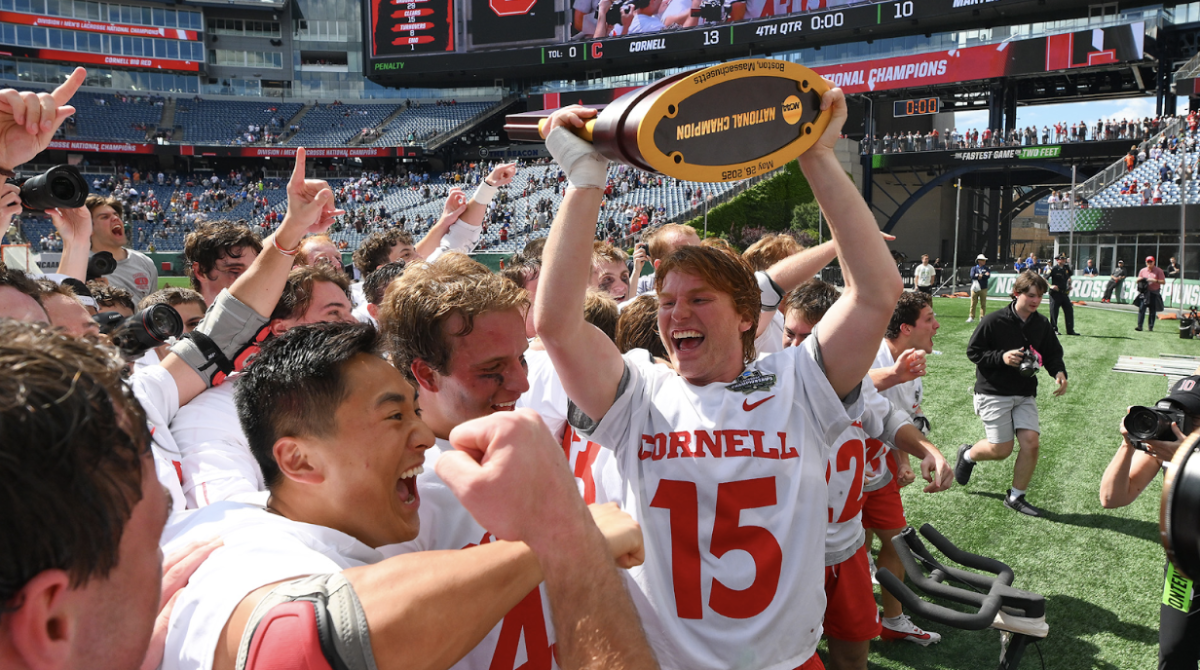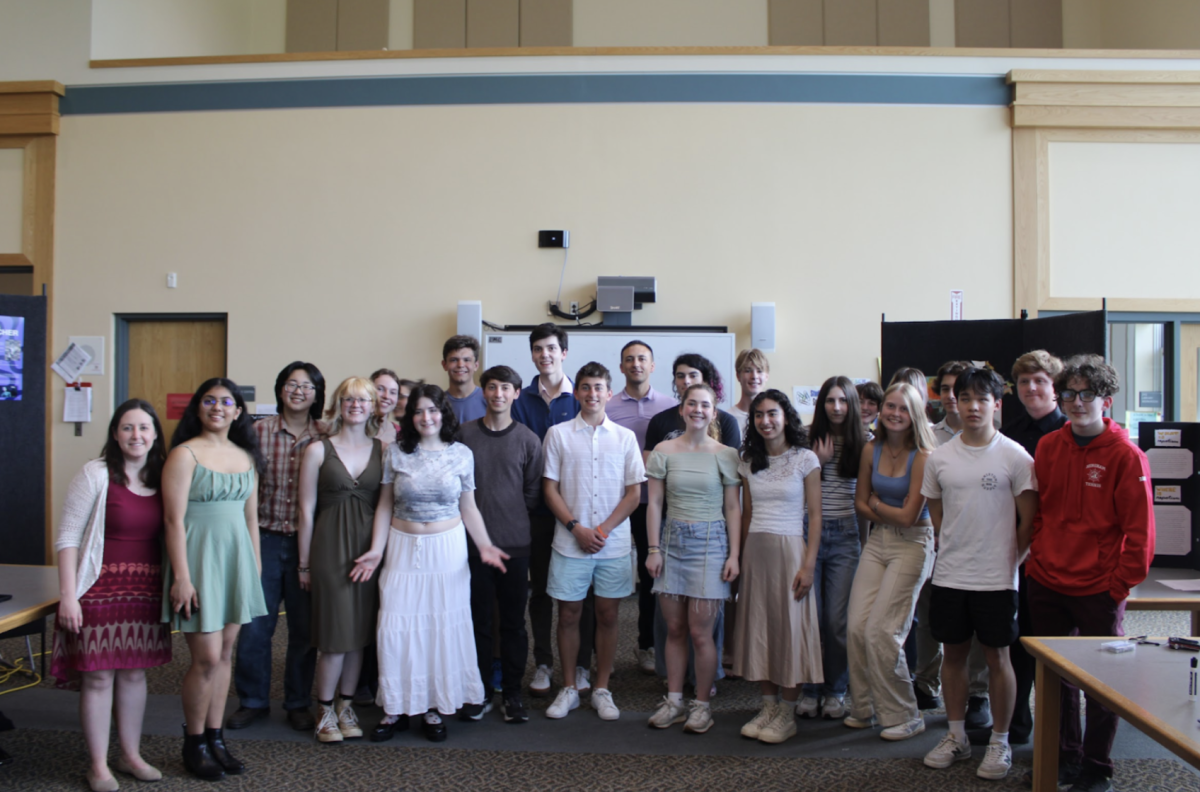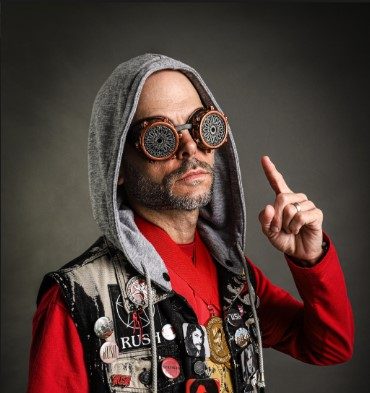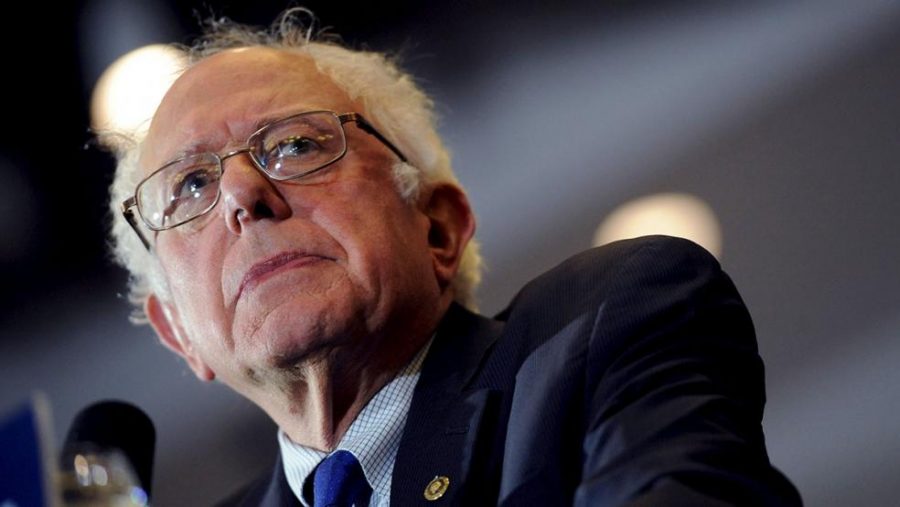The Fake News Controversey
According to Business Insider, one headline incorrectly asserted that ex-Presidential hopeful Bernie Sanders was ready to launch a third-party run.
December 18, 2016
In the emotionally taut weeks following the election of Donald J. Trump, the issue of fake news’s potential to misinform and shape the minds of readers has emerged as a major talking point.
Though it was consistently pointed out during the election season, the prevalence of “fake news”–headlines and articles that are patently false or deliberately and deeply misleading– on social media, primarily Facebook, has in the last week skyrocketed to prominence.
Pope Francis declared on Wednesday, December 7 that fake news is a sin. This statement was especially potent considering one instance involved an article that claimed the Pope had endorsed Donald Trump for President of the United States.
Soon after, Facebook, facing mounting pressure to act upon an epidemic that has plagued their website, recently declared a “War on Fake News”.
The social media giant announced Thursday, December 15, that it will partner with PolitiFact, ABC News, Snopes, Factcheck.org, and perhaps the Associated Press to identify “fake news” and bury it in the Facebook news feed.
The platform, with 1.79 billion users, also plans to use algorithms to detect when a potentially fake story may be going viral, according to Facebook News Feed Chief Adam Mosseri.
This shift in stance from Facebook, who had previously rejected the idea of fact-checking its website, alarmed many top conservatives, who see it as an opportunity to create a more left-leaning news feed.
Ben Shapiro, the prominent editor-in-chief of the right-leaning Daily Wire, wrote in an editorial, “This is a disaster for news coverage. It’s an attempt to restore gatekeepers who have a bias as the ultimate arbiters of truth.” Shapiro went on to point out the subjectivity of the Facebook definition of “fake news”, one that classifies satire under the same umbrella as outright lies.
Shapiro and his fellow conservatives are not without reason to believe that Facebook may lean left; earlier in 2016, a controversy arose after Gizmodo reported that Facebook’s trending page favored left-wing articles. Though Facebook denied this claim and has since met with conservatives to resolve the issue, the event has inspired doubts about the neutrality of the website.
Independent journalist and popular YouTuber Tim Pool voiced concern that small, alternative news sites that reported controversial topics may be flagged as fake because they do not have the name recognition of media giants like CNN and Fox News.
With “fake news” as a hot button issue on a nationwide scale, some are wondering whether right-wing fake news may have garnered more votes for Republican nominee Donald J. Trump.
Sophomore James Winikoff asserted, “I’d say fake news leans right.”
Fellow sophomore Spencer Thorne countered this, saying “I think it really depend on who you get the fake news from.” When asked to name some sources of misleading or fake news, Thorne dodged the question on the pretense of finishing his sandwich. He did, however, voice concerns on the neutrality of fact-checkers, citing a “fact check war” during the 2016 presidential debates.
Freshmen Bennett Donahue was quite vocal about his concern over the controversy, saying, “I don’t know what to believe anymore.” When asked about whether fake news leans left or right, Donahue called it “fifty-fifty”, but did concede that fake news “definitely” played a role in the outcome of the 2016 presidential election.
As for how to personally combat fake news, journalists are urging readers to fact-check on their own, and reference multiple news outlets while studying a story.

































